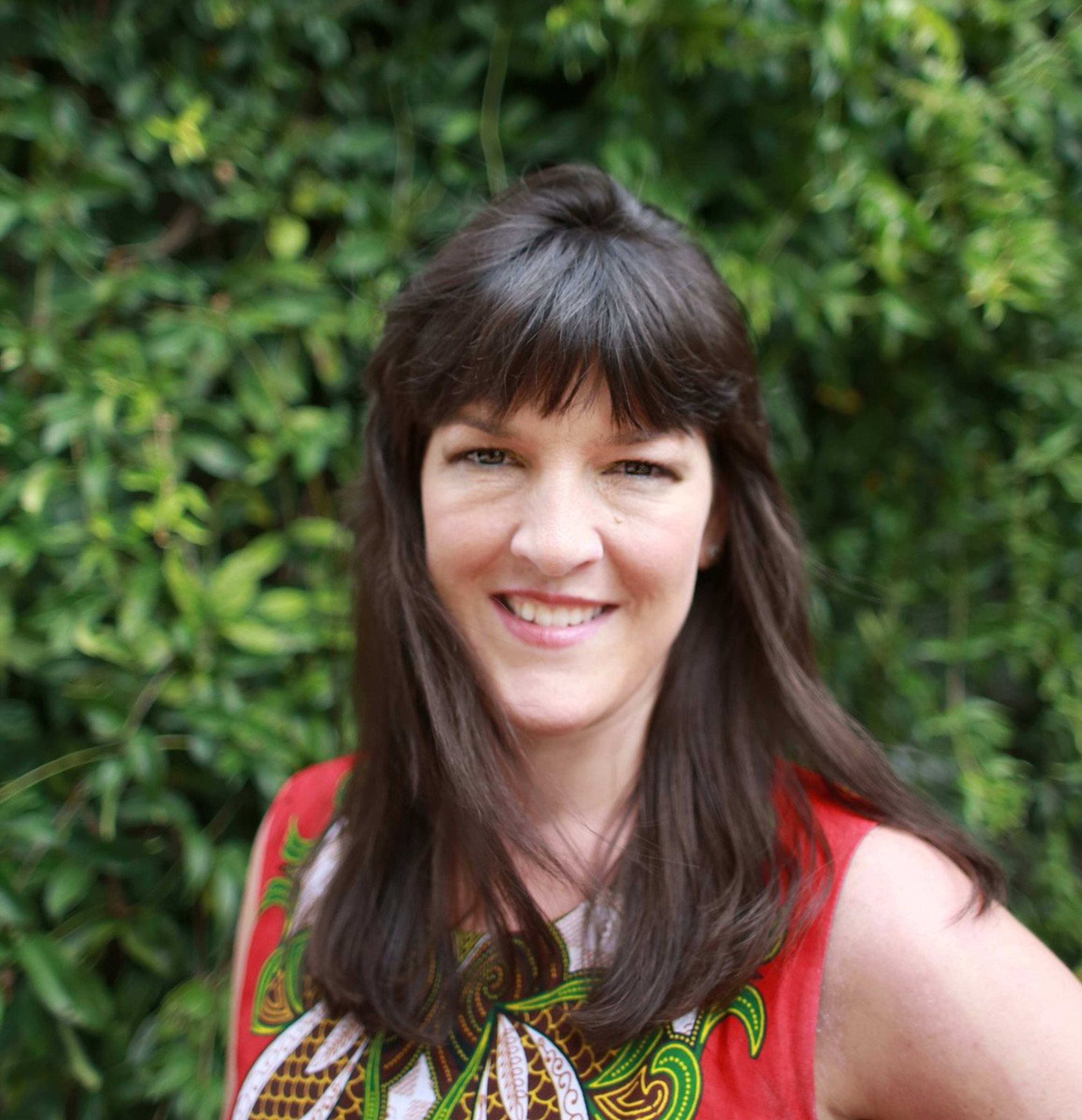Opinion: Atlanta still needs robust hospital safety net

Last week as news broke that Atlanta Medical Center would be closing we exchanged text messages, “What would happen to people in Atlanta needing health care now with one less safety net hospital?”
While hard to define, safety net hospitals across the country typically provide care to people without insurance or those with Medicaid. For over a century, people in Atlanta have relied on AMC and Grady Memorial Hospital as two beacons of last resort when no other care options may have been available to them. Both hospitals rank in the top 3 in the state for racial inclusivity, alongside high rankings for their community benefit. Throughout the COVD-19 pandemic they have shouldered much case burden while maintaining status as Level 1 trauma centers. With a view of health as a public good, both hospitals have operated as not-for profits.

Like other safety net hospitals affected by disaster and serving poor people, some nonprofit entities have abandoned the safety net model in favor of serving shareholders. Yet, it is not only the poor who benefit from the existence of safety net institutions.

Atlanta plays host to countless conferences, sporting and cultural events. For example, Dragon Con, which took place last Labor Day weekend, typically hosts up to 80,000 attendees, many of whom travel to the city for the event. If any of these revelers needs emergency care they are likely to go be taken to a safety net hospital.
Many Atlantans can recall that Grady and AMC (then known as Georgia Baptist Hospital) represented half of the places where victims of the 1996 Olympic bombing received treatment. With just one survivor safety net hospital (Grady), it is hard to imagine how the city might respond in the event of a future disaster — for example when World Cup games are played here in 2026.
It is not only emergency care that safety net institutions provide. These sites act as an important arm of public health practice, offering COVID-19 testing, vaccines and treatment during and beyond surges. Many of these places also provide training grounds for many of the city’s physicians and have infrastructure necessary to conduct groundbreaking research. In the ‘city too busy to hate’ and the ‘public health capital of the world,” Atlantans have always had places like AMC and Grady when they needed them.
Until now.
Upon hearing about AMC’s closure, clinicians and public health researchers like us felt nihilistic, panicked and ultimately sorrowful for the patients, staff, and trainees who will be directly affected by the loss of AMC. Despite powerful advocacy on behalf of AMC, its $100 million in operating losses make its closure a near certainty. This patient has lost too much blood to recover.
As direct or indirect beneficiaries of the Atlanta public safety apparatus, we must find a path forward. After the devastating effects of the COVID-19 pandemic, including the loss of 33,000 Georgians, bed and staff shortages, the reality is that both of these hospitals were necessary to ensure Atlanta’s health.
To move forward, we must recognize public hospitals such as Grady as integral to the identity of our city and critical to the safety of our community. In doing so, we also accept the notion of health as a public good, where society, and more specifically government leads the way in ensuring safety net sustainability.
One such factor is the ability to recoup costs for caring for patients who have no money. Both AMC and Grady provide uncompensated care in amounts well above the national mean of 3%. Yet Georgia has not opted into the Medicaid expansion that would expand coverage for more than 400,000 people and reimburse the state for the costs associated with this medical care. Being able to receive compensation for any portion of uncompensated care can help buy new dialysis machines and keep hard-working nurses on payroll, perhaps ensuring those resources for anyone who needs them.
When important parts of the safety net fail, we all lose; not just those receiving this assistance.
While it’s true that we made some advances in the golden dome with increasing postpartum Medicaid coverage and payment parity in mental health, House Bill 1192 could expand coverage for more persons living with HIV, yet it had not passed the Georgia Senate at the conclusion of the last legislative session. Calling your local representative about these issues can help ensure that the remaining Atlanta safety net remains intact through Medicaid expansion.
The loss of AMC will undoubtedly be felt across the city and state. Emergency rooms already have long wait times and specialist waiting lists can be months-long. But pretending that there is nothing anyone can do is not the treatment that Atlanta needs right now.
Dabney P. Evans, Ph.D., M.P.H. is an associate professor in the Rollins School of Public Health at Emory University. Anwar Osborne, M.D., is an emergency medicine provider at Grady Memorial Hospital and an associate professor of emergency medicine at Emory University.


